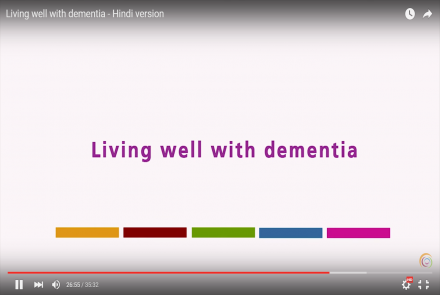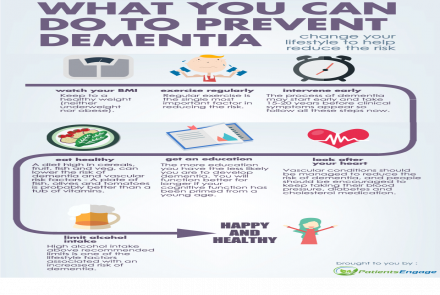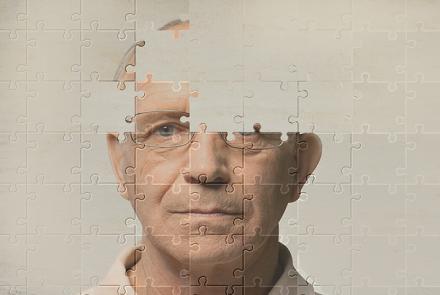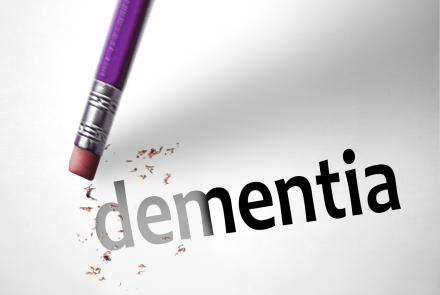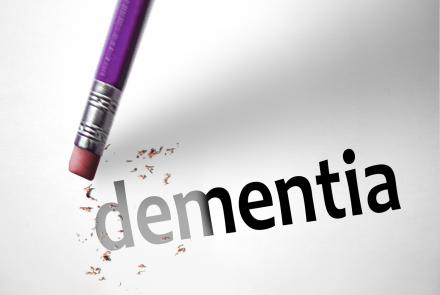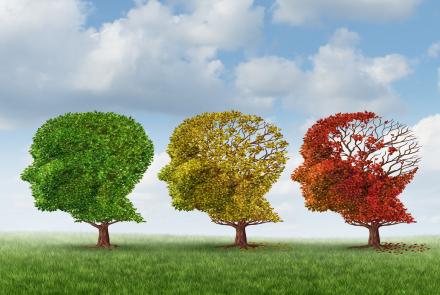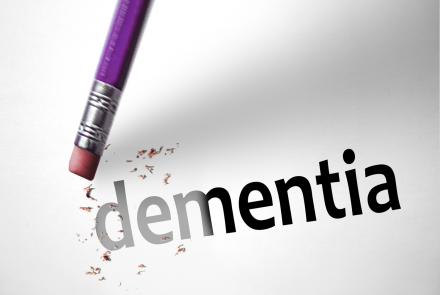Pat White, 67, writes about how to prevent home accidents while caring for a patient with Alzheimer’s or dementia. Her mother, Christine, was diagnosed with Alzheimer’s disease in Jan 2007 after two years of increasing symptoms.
As most of you know, one of the big issues for our loved ones who are dealing with dementia/Alzheimer’s is a problem with balance. Falling is a terrible hazard for people affected by dementia. My mother had numerous falls. She was living independently in her own home in rural Virginia.
One particular time she fell at the edge of the driveway. She was wearing her Alert necklace at the time but could not process that she could press the button for help. She yelled as best she could until her sister down the hill could hear her.
Another time she fell taking some food scraps to the edge of her woods (yard). Calling was to no avail. She crawled to the house several yards. It goes on and on. One time I happened to be visiting her and she lost her balance within feet of me. I could not reach her in time. While visiting my brother she lost her sense of direction during the night, trying to find the bathroom, and fell, breaking her hip. That was the end of her ability to walk and the beginning of life in a nursing institution.
I would like to share with you some timely tips on preventing home accidents, which I have obtained from Dr. Mario Trucillo, Managing Editor at The American Recall Center. Dr. Trucillo writes:
“Did you know that falls are the second-leading cause of unintentional death? We’ve made it our mission to educate and encourage safe behaviour with hopes to help prevent slips, trips, and falls. In doing so, we’ve created a graphic that outlines a few simple tips on how to prevent these types of accidents from occurring.
You can read more about it here: http://www.recallcenter.com/prevent-slips-trips-falls/
Together we can limit safety hazards and encourage healthy living among our friends and loved ones."



